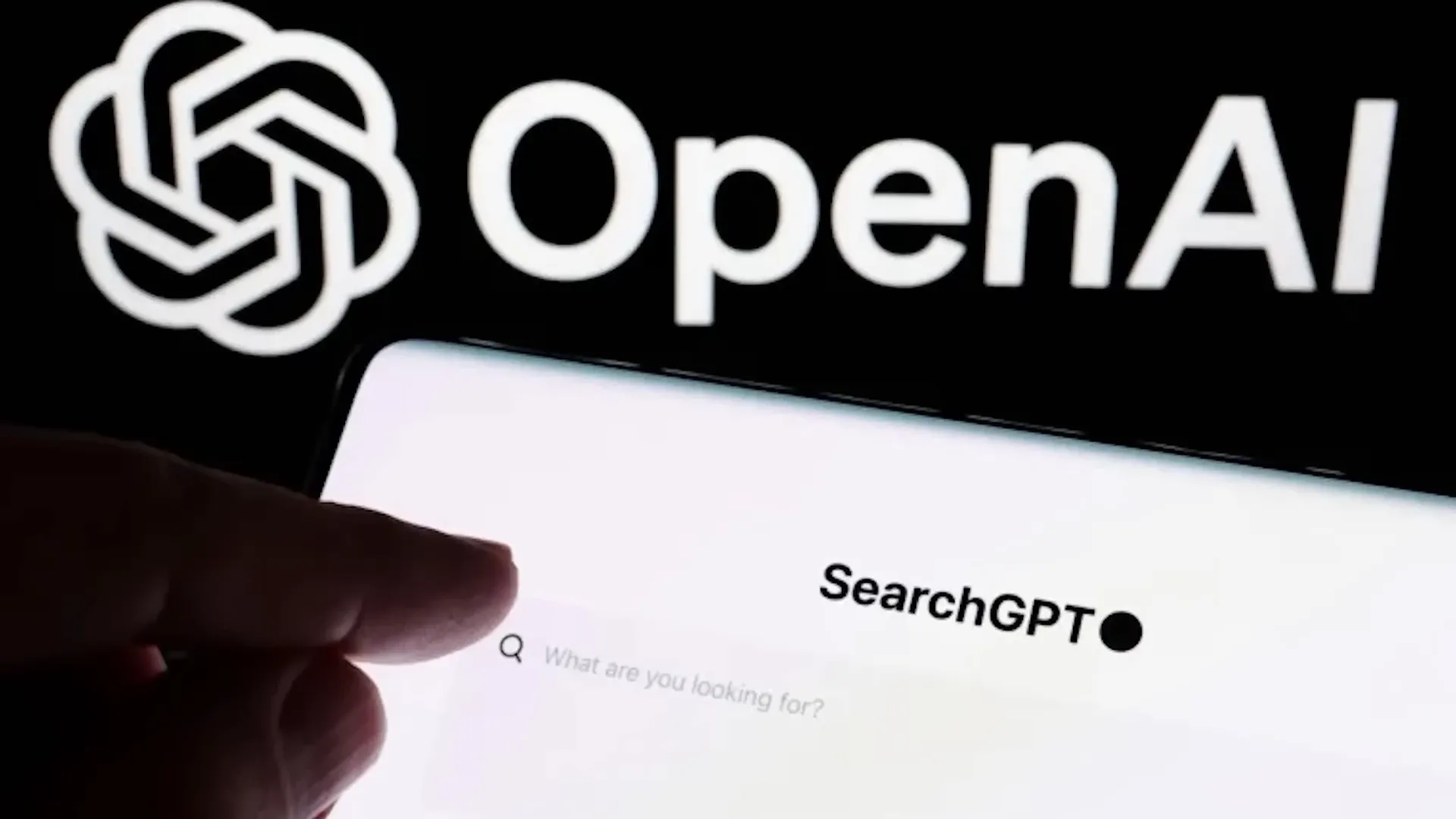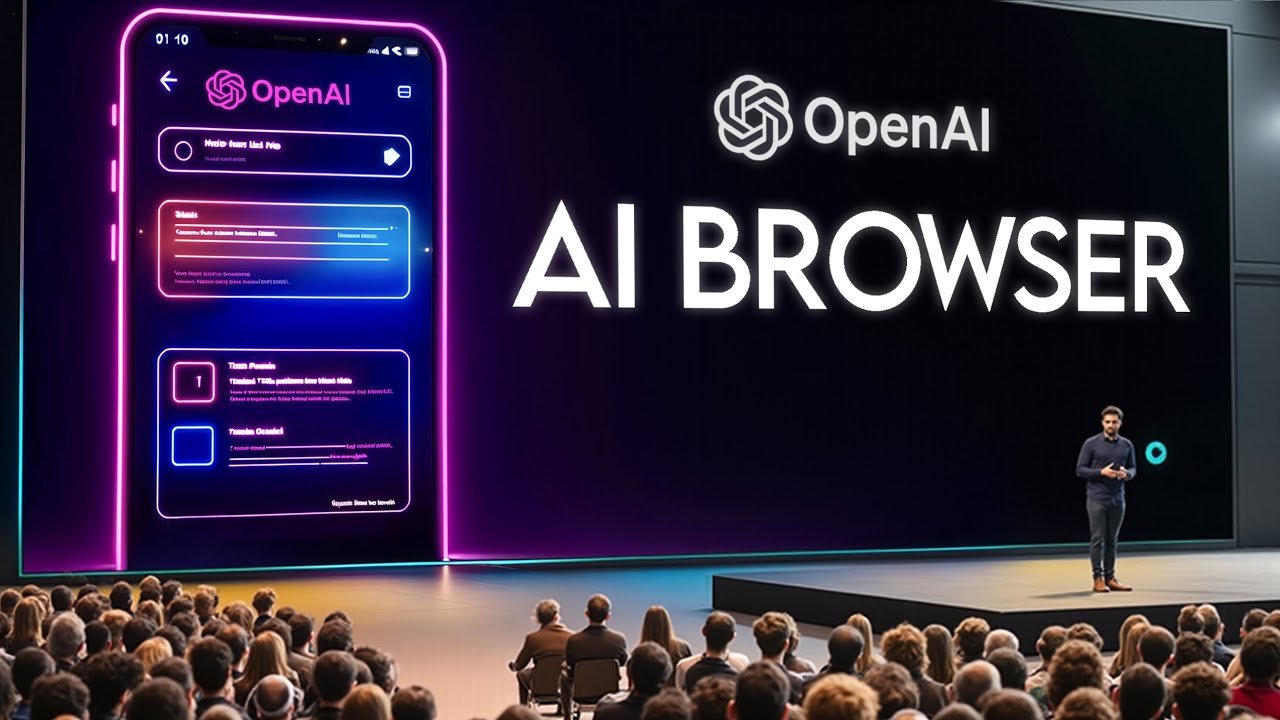The tech landscape is constantly evolving, yet this time, the developments between OpenAI and Google are extremely fascinating. OpenAI, a competing firm in the artificial intelligence (AI) sector, is reportedly moving forward with the intention of making its own web browser. This is not only a leap to a fresh market but a groundbreaking opportunity that may change the way we interact with the internet.
Understanding the Browser Landscape
Google Chrome is currently the leading worldwide web browser with a whopping 63% share of the market. This prevalence has caused concern, especially to regulatory bodies, who are more concerned about Google exercising monopolistic behavior. The U.S. Department of Justice has even mooted the idea of forcing Google to offload Chrome as a way to encourage competition. This is a great opportunity for OpenAI to propose new ideas that can overtake the existing state of affairs.
OpenAI’s Vision for a Smarter Browser
OpenAI’s ambition does not end with the release of a new browser. The aspiration of the idea implies that ChatGPT will be a part of the browsing experience, hence, making navigation easier and more personal than ever before. Consequently, this integration is focused on making an intuitive user experience, thus, the favorite items will not be only the ones that the current user experience expresses by means of ad-packed search engines.

Current Developments and Partnerships
The evidence shows that OpenAI has been in negotiations with a number of companies, such as Eventbrite and Priceline, over the prototypes of this browser. Though the computer application is only in the initial phases, the official messages are hints indicating great seriousness in going forward. Current browsers which mainly earn income from advertisements lack some functions however OpenAI’s newer product might center more on simple, comfortable and captivating browsing.
Challenging Google: The Competitive Landscape
Google certainly takes this challenge seriously. Their AI bot Gemini serves as the backbone of their plan to foil OpenAI’s rise. Gemini, which was released in 2022, has been updated quickly and regained its position at the top of the LMM Swiss Arena leaderboard. This tussle clearly demonstrates the fierce contest between the two technology giants, who are both striving to out-innovate one another.
Gemini vs. GPT-4: A Battle of Innovations
The innovative and game-changing move of OpenAI’s recent update to GPT-4 has been the strengthening of its creative writing ability and at the same time, its faster and more efficient operation. Users may have been vocal on how GPT-4 makes sure of human-like content whether it be for storytelling or professional writing. In spite of the fact that this is a great leap of progress, the model’s mathematical benchmark score dropped thus, the spotlight on creativity subtly cut off even a little technical precision.

The User Experience: A Priority for OpenAI
The growth of OpenAI’s customer and user base to now be 250 million weekly active users is evidence of how this firm is committed to ensuring a better experience for its clients and users of its products. Either 5% or 6% of those free users choose paid versions, which indicates the AI-powered extension of the world. Open AI is not only enhancing its technology development but also expanding its ecosystem through strategic partnerships. The most interesting is definitely the collaboration with Apple which allows OpenAI’s technology to be embedded in several Apple intelligence features, thereby making the entire ecosystem better.
Redefining Content Interaction
OpenAI’s strategy is partly based on the formation of content partnerships. Besides teaming up with Hurst, they have plans of collaborating with other organizations so as to ensure that their users will be provided with reliable, well-sourced information that is fully integrated into ChatGPT. Furthermore, the partnership counters the critics who point to the opacity of AI content, hence boosting users’ trust in the information.

Google’s Response and Ongoing Innovations
OpenAI is the talk of the town with its innovations but meanwhile Google with its enormous resources and potential is sticking itself to maintaining of a good position. The latest upgrades in Gemini have turned it into a more capable and flexible virtual assistant which can now take on very complex queries and therefore even compete with OpenAI’s products. This competition results in speeding up the development process that in turn gives users tools that are much better than the ones that have been there so far.
The Future of Browsing: Moving Beyond Ads
OpenAI’s challenge to the conventional internet models by emphasizing ad-free and user-centric browsing experiences is outstanding. If this strategy succeeds, it can regulate the very structure of the way businesses and customers run online content. OpenAI gets rid of the advertising-based payment methods and focuses on usability and relevance, a path that can have a long-term effect as well.
Shaping How We Interact with Technology
These advancements in technology, which we can already see, mark the beginning of a bigger change in the way we interact with technology. Tools such as ChatGPT and Search GPT are now intertwined with the way we work, learn, and connect. OpenAI’s breakthroughs are reshaping customer standards, thus making the interactions more user-friendly as well as intuitive.

The Road Ahead: Challenges and Opportunities
The landscape in front is full of challenges, but OpenAI’s brave direction and relentless innovation show that they are in good shape to handle them successfully. These discoveries are going to open the door to the future of digital interactions and will also move technology beyond its borders.
Conclusion: A New Era of Browsing
OpenAI’s investigation into a new web browser is not merely a competitive move but a potential revolution in the way we interact with the internet. AI, being the focal point of technology, undoubtedly struggles with convenience along with other issues that might arise due to these advancements. Yet, it is the core of our digital experiences that are getting molded.
While we are witnessing this competition evolve, it is obvious that the future of browsing will be highly reshaped and OpenAI is the captain of the ship.
